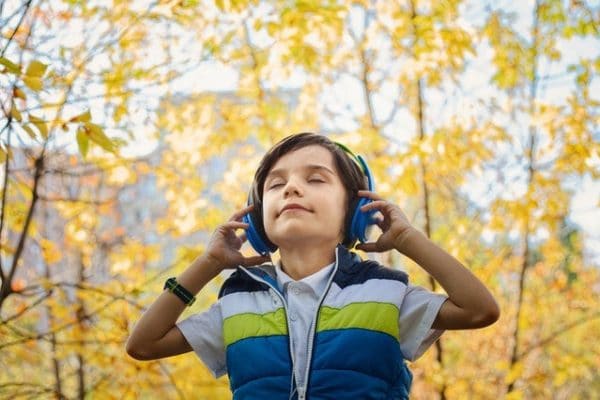Active listening might not be what you think it is.
It is a term that might qualify as one of today’s cool buzzwords in certain circles. What exactly does it mean and why should anyone care about it?
ACTIVE LISTENING – WHAT IS IT?
In a nutshell, active listening is a technique one can use to improve overall communication. It can help you get a more clear understanding of a someone’s message. It can help the speaker of the message feel as if they have been heard. There’s no mistake that we all have an intense need to feel heard.
Some suggest that the need to be heard qualifies as one of our basic human needs. Feeling heard can easily translate into a feeling of acceptance, acknowledgment, and belonging. These feelings have been the subject of psychology literature examining basic human needs for decades if not longer.
COMMUNICATING WITH OTHERS – EXPECTATIONS
When we speak to someone, we expect the other person to listen. This expectation is especially present during a conflict. Many of us have been in a meeting with someone or maybe simply having lunch with friend or colleague. While we are talking, the other person answers a phone call or checks their email or Facebook account. Sound familiar?
How do you feel when you are trying to communicate with someone and they seem more interested in a text message or surfing the internet?
COMMUNICATION FAILURE – NOT REALLY LISTENING
I am going to go out on a limb here and suggest that it probably does not feel good. Why? Because the other person is not really listening to you. They may be hearing you. However they are not truly listening to you. When this happens, you might feel like you are not as important as a text or the latest Tweet.
You might feel disrespected or a lack of acknowledgement.
So, what would happen if that other person did something completely opposite, and gave you their full attention when you spoke?
Your negative feeling of “she is not listening to me” or “I guess I am not as important as his phone” might be transformed into a positive feeling of acceptance, acknowledgment, and belonging. When someone truly listens, they will commit full attention to you.
With very rare exceptions, a ringing telephone or a text message will not steal the attention from you and your message. This is when active listening can be transforming.
IMPROVING COMMUNICATION WITH ACTIVE LISTENING
In order to actively listen to another, the listener must concentrate 100% of their attention on the speaker and the message. There is no room for random thoughts about what you are going to make for dinner or when you are going to go to the bank to get money for your child’s field trip tomorrow. Why?
Because the active listener has to perform in the communication. They are an active participant. Not merely a passive listener. Let us look at an example as follows:
EXAMPLE – SALLY
Sally is having difficulty with her mother Judy. Sally does not feel like her mother ever listens to her. Sally recently told her mother not to talk about the flowers Sally received today from her new boyfriend. Judy nodded her head indicating to Sally that she understood.
Two minutes later, Judy strikes up a conversation with a neighbor. she begins to tell the neighbor that her daughter received flowers from her new boyfriend. Sally throws a tantrum and yells at her mother “You never listen to me. Why do I ever bother talking to you at all?”
If Judy utilized active listening, she would not have merely nodded her head at Sally when Sally requested that she not speak about the flowers. Rather, Judy might have stated “It sounds like you are telling me that when I speak to other people about your personal life it embarrasses you. Is that right?”
So what did Judy do differently using active listening?
ACTIVE LISTENING MAKES THE DIFFERENCE
She listened to Sally’s message, interpreted what she heard, and stated it back to Sally in her own words. Finally, Judy checked for accuracy of her understanding when she asked “Is that right?”
ACTIVE LISTENING WORKS
Imagine the sense of acknowledgment and acceptance one would feel when active listening is used. Having mediated legal disputes in the Superior Court for Los Angeles County as a volunteer mediator, I can personally attest to the benefit of active listening.
Many parties commented to me after a mediation, that they felt as if I really listened to them and understood how they were feeling. That type of feedback on my performance as a mediator is priceless!
CONCLUSION
So the next time you find yourself in a conversation with someone, try active listening. Try repeating back to the other person what they said, using your own words. Check the accuracy of your understanding by asking the other person if you got it right.
Active listening may not be what you think it is. And, using it is likely to help you quickly become a more effective communicator. Give it a try!


